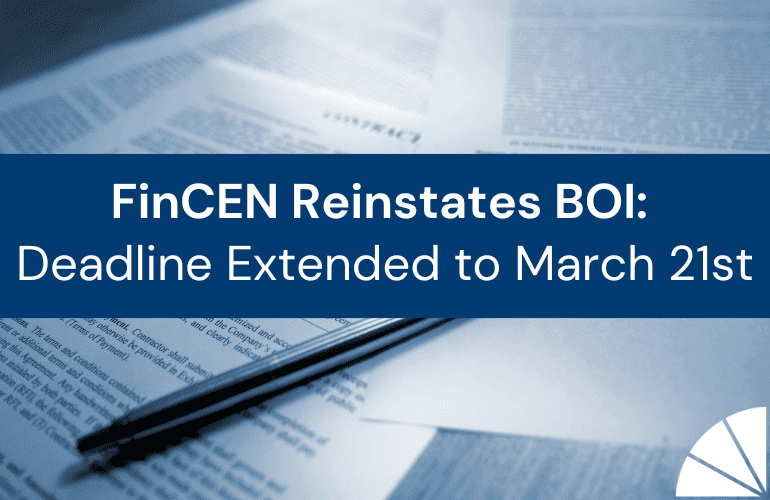
While employee incentive arrangements fall under the umbrella of employee compensation, they go beyond the realm of regular pay and standard employee benefits. Business owners commonly use these arrangements to motivate and reward employees for achieving specific goals, such as bringing in new customers, bolstering sales, or staying on board through a sale or transitional period.
To ensure an optimal outcome, business owners must first ensure their employee incentive arrangements align with their business goals. But it can be challenging to figure out how much you can and should invest, where to focus your efforts, and how to measure the effectiveness of these arrangements. While they are often overlooked in this arena, business valuations can be instrumental in employee incentive planning.
Business valuations improve financial transparency and strategic visibility.
Business valuations are beneficial in a variety of scenarios, running the gamut from business sales, mergers, and acquisitions to buy-sell disputes, divorces, and more. In general, business valuations are sought to provide shareholders, potential investors, and other relevant parties with the fair market value of a business. But some business valuations provide more benefits and information than others.
Business valuations performed by Certified Valuation Analysts (CVAs) go much deeper than company value. Depending on the level of analysis you’re seeking, CVAs can help uncover in-depth knowledge on specific assets and creditor-owned liabilities, as well as insights on everything from your company’s facilities, products, services, employees, customers, competitors, and suppliers. When you have heightened visibility and transparency, you can make informed decisions on how and when to invest in employee incentive arrangements.
Business valuations help owners identify opportunities and measure performance.
Business owners should leverage their employee incentive arrangements to align their employees’ actions with their company’s goals. To do so effectively, they must understand their company’s strengths and weaknesses. CVAs help business owners benchmark company performance, whether internally (against historic strategic and financial goals) or externally (against industry trends or competitors). During their analysis, CVAs often help business owners by identifying vulnerabilities and risks specific to the business.
All of this information can help you structure specific, achievable, measurable goals. And those goals should set the foundation for your employee incentive arrangements.
Suppose benchmark data reveals that your competitors generally have larger customer bases. In this case, an employee incentive arrangement could help you close the gap. For example, you may consider a program that grants employees who bring in new customers a percentage of that customer’s first year’s sales. Or, you may offer a cash bonus to employees who bring in 10 new customers in a 30-day period.
Periodic valuations can help you evaluate the execution and effectiveness of your employee incentive arrangements. And this data can help you make necessary adjustments and facilitate accountability.
Business valuations help owners structure employee incentive arrangements that support their succession plans.
Keeping key employees motivated and happy leading up to, through, and after a sale can help you increase your business’s value and ultimate sale price. If a third-party sale is on your horizon, a business valuation can help you justify, calculate, and support key employee incentive arrangements like stock options, current or deferred cash bonuses, or non-qualified deferred compensation.
Business owners can also leverage business valuation data in tax planning.
Business valuation data can be an integral part of the tax planning process. Depending on your circumstances, you may be able to characterize certain income tax incentives to key employees as capital gains rather than ordinary income. And if you are selling or transferring smaller interests to family, there are valuation techniques that may help you reduce estate and gift taxes.
LGA is here to help.
At LGA, we align our multidisciplinary experience to provide comprehensive business advisory, valuation, investment banking, and CPA services. My team works with business owners to develop, implement, and execute strategies that best meet their personal and business needs. And as a Certified Valuation Analyst, I can help you leverage your business’s value to structure and support successful, tax-efficient employee incentive arrangements. Contact me today to learn more.
If you missed them, check out the previous articles in LGA’s Best Practices Series:
Part I: Standard Operating Procedures & Adapting to New Environments
Part II: Succession Planning for Key Members of Your Finance & Executive Teams
Part III: Capital Structure – Why Your Business’s Debt & Equity Blend Matters
Part IV: Key Employee Incentive Planning
by Frank Storniolo, CPA, CVA, MST






